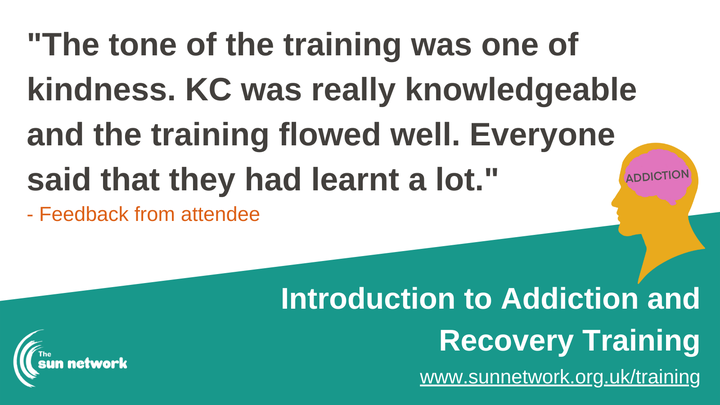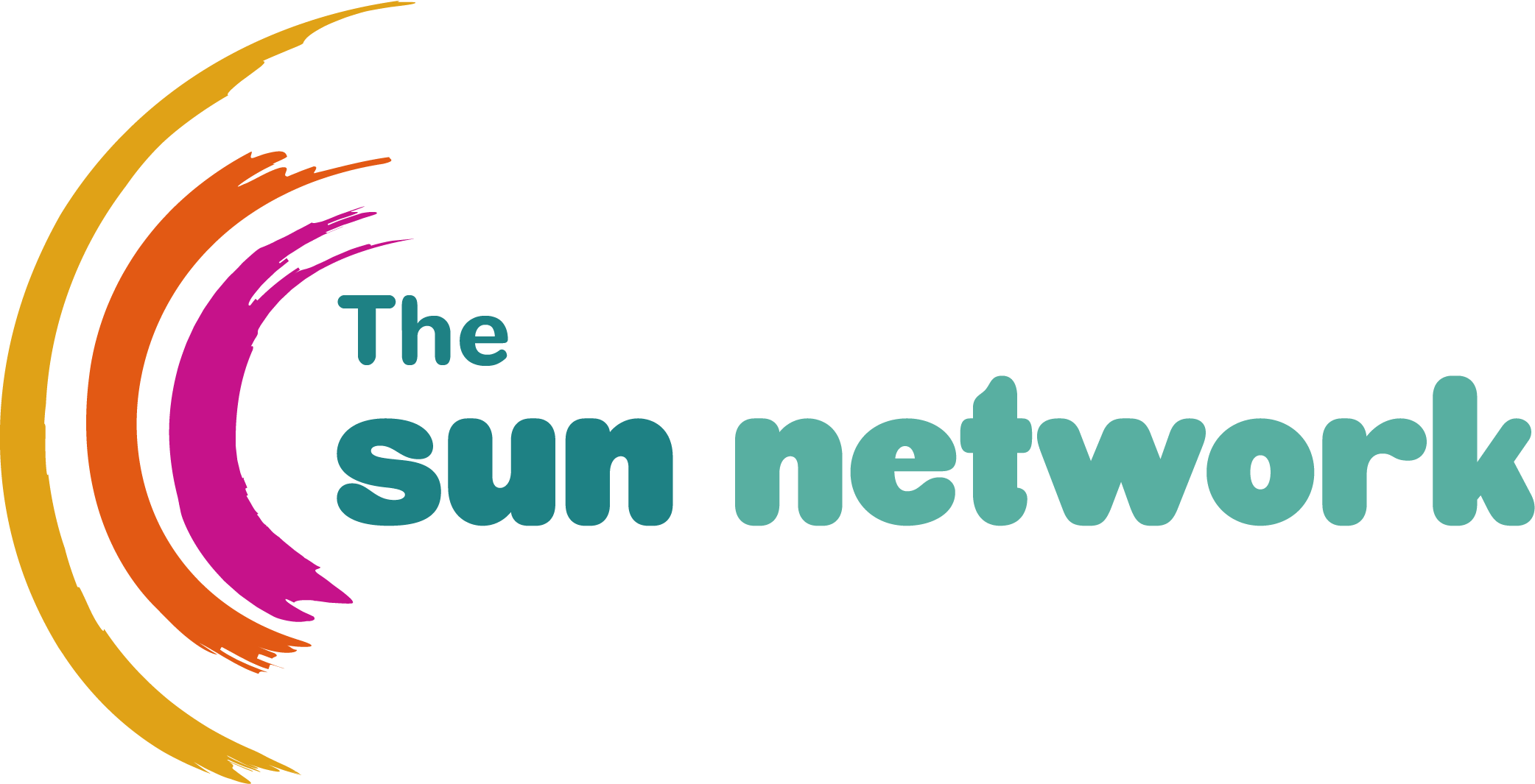I blogged a few years ago about research on happiness and contentedness which I find interesting since I see addiction as the opposite: an often constant or prevailing state of need, desire, discontentedness and strong unrelenting sense of lack.
“Sympathy is the strongest instinct that humans have”
– Charles Darwin

Lately I’ve been thinking a lot of about affirmations and how celebrating ourselves is so very hard for many of us with significant mental health struggles. I know it’s good to celebrate myself just like others deserve to be celebrated. But, wow, it sure is difficult. Have you tried affirming yourself verbally, plainly, out loud? An exercise I saw at a residential addiction rehab group was simple: People were sitting together in a circle and a mirror was passed around the group. When each person got their turn with the mirror, they were invited to look at their reflection and say a kind affirmation, speaking out loud to themself: ‘I’m proud of you.’, ‘You are capable, or even, ‘I love you’. It’s fairly commonly accepted that we need to love ourselves to be effective in loving others. Some say it’s crucial. But, wow, it sure is tough for some of us to say out loud that we love ourselves! I tried it and felt embarrassed, even a little ashamed! I could feel those old familiar intrusive thoughts of judgment and it was very uncomfortable. And I was the only person in the room at the time! If I’d been sitting with others I might have not managed to say anything. But recovery is about being kind to ourselves while working to face our struggles, feel our feelings, and allowing growth.

Another example of my own experience of feeling self conscious and uncomfortable follows. I feel a similar embarrassment as the example above when I promote my addiction training. I feel like I shouldn’t be putting myself in the limelight. I know the feedback I’ve had confirms my conviction that the training is very good, worthwhile and helpful and it’s an excellent way to bring hope and encouragement while kindly challenging stigma around addiction and mental health struggles that are so common. It’s a good use of people’s time. But even typing these sentences my ‘imposter syndrome’ kicks in and I imagine a suspicious and cynical critic shaking their head as if they know the truth and that it’s all an ego trip as if all the endorsements and affirmations are somehow a lie. But I know I’m not alone if having these reactions.
This is exactly the kind of work that I think is important in recovery – noticing these intrusive thoughts, reflecting on them, sitting with them (when possible) and kindly, maybe even with humour, working to replace them.
I don’t see affirmations as a magic wand that we can wave to fix our mental health. But with practice and patience I am finding I can pay attention, slow down and let these ideas sink in and I believe they are slowly replacing the old negative stuff I’ve carried around all my life.

